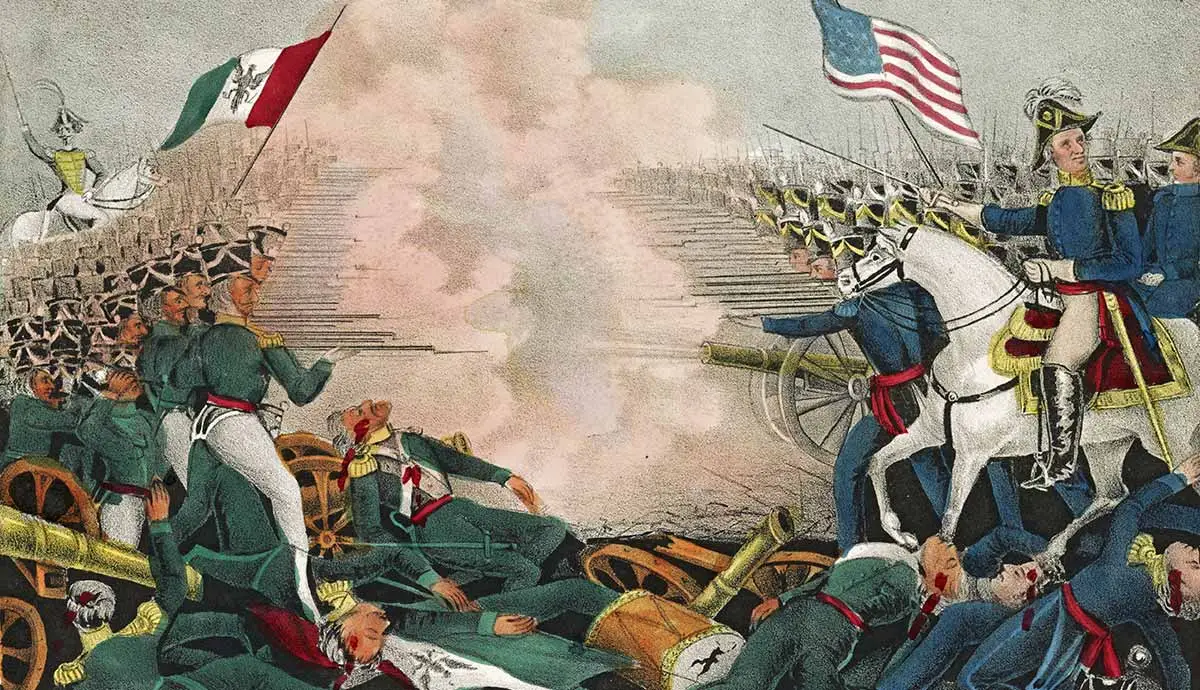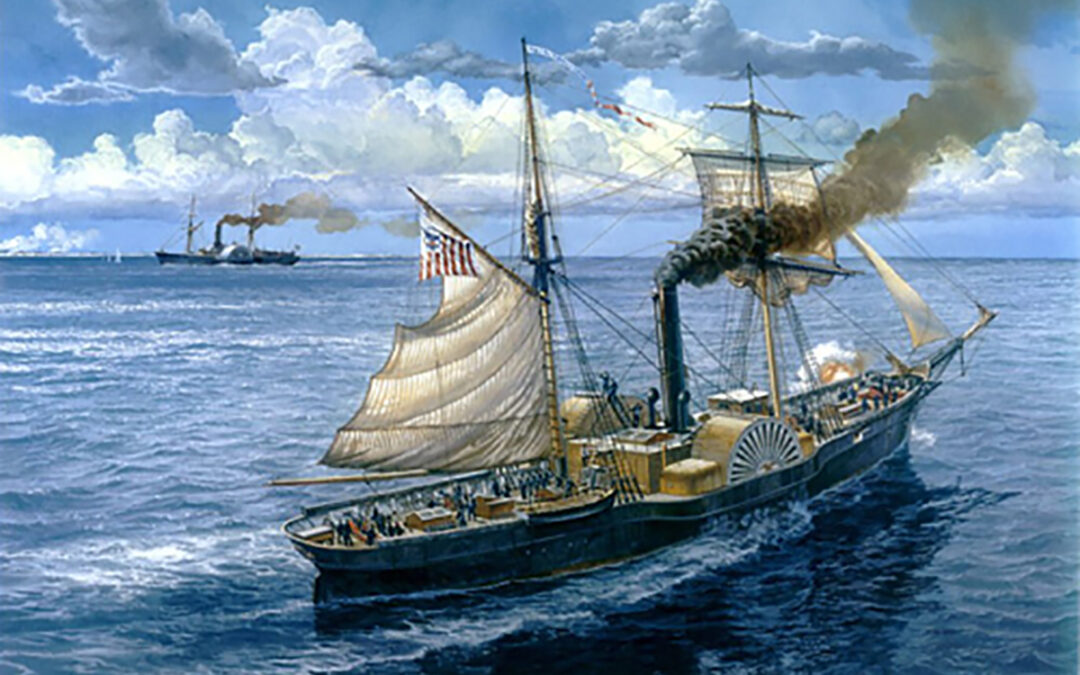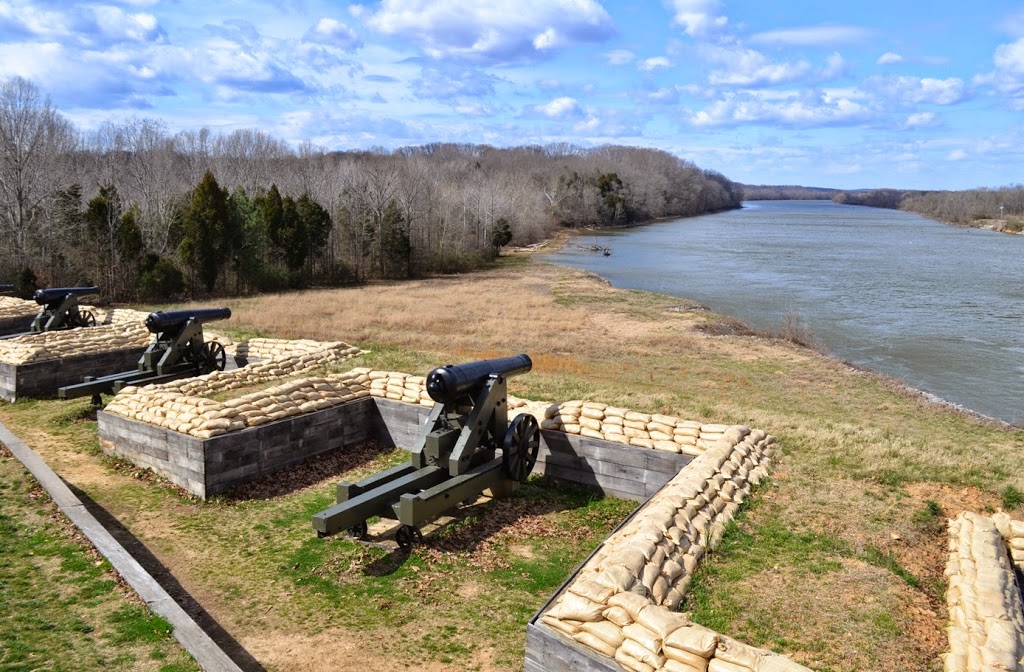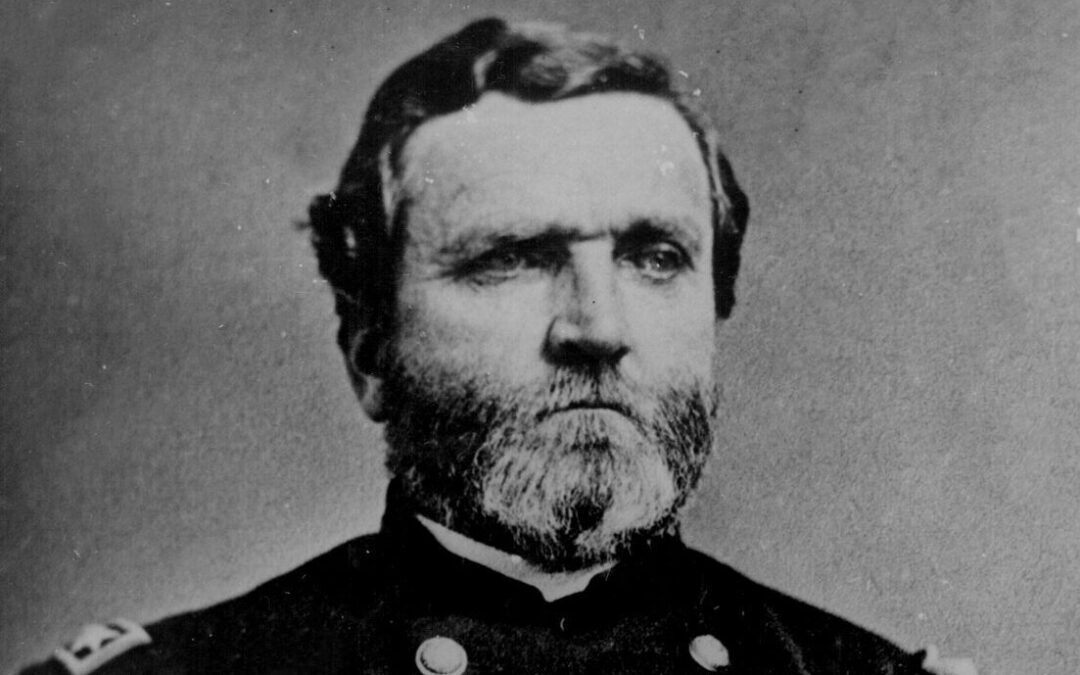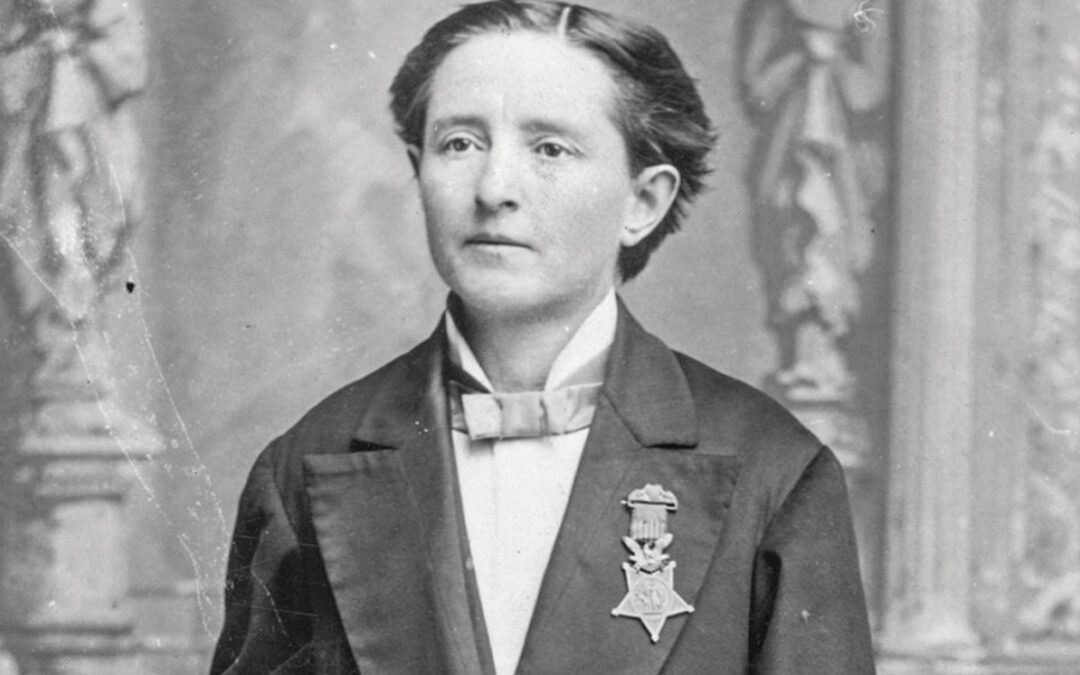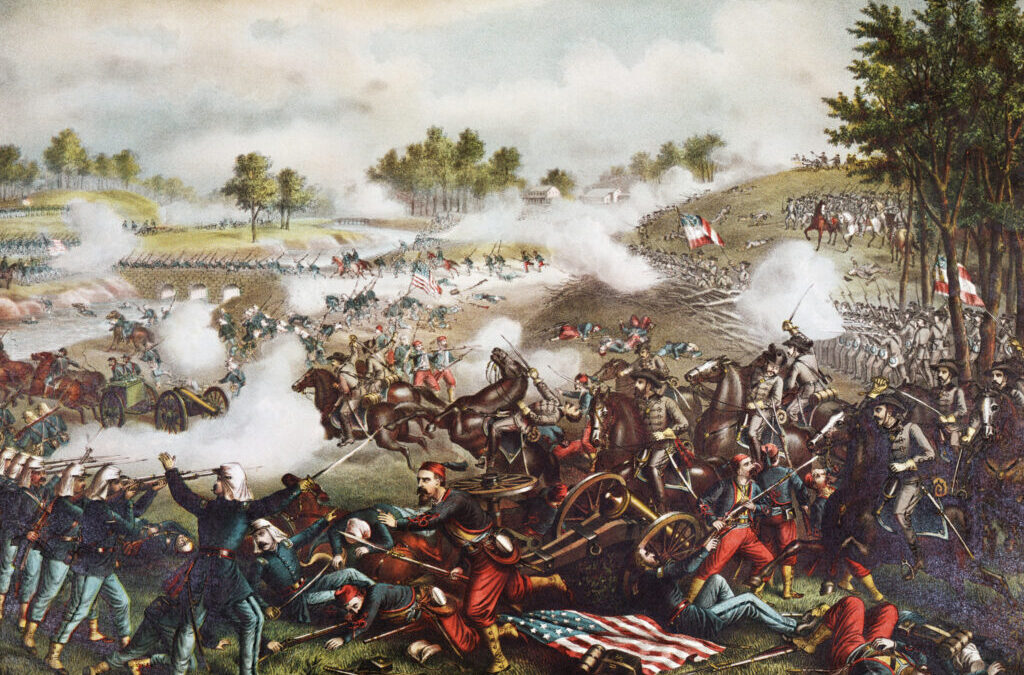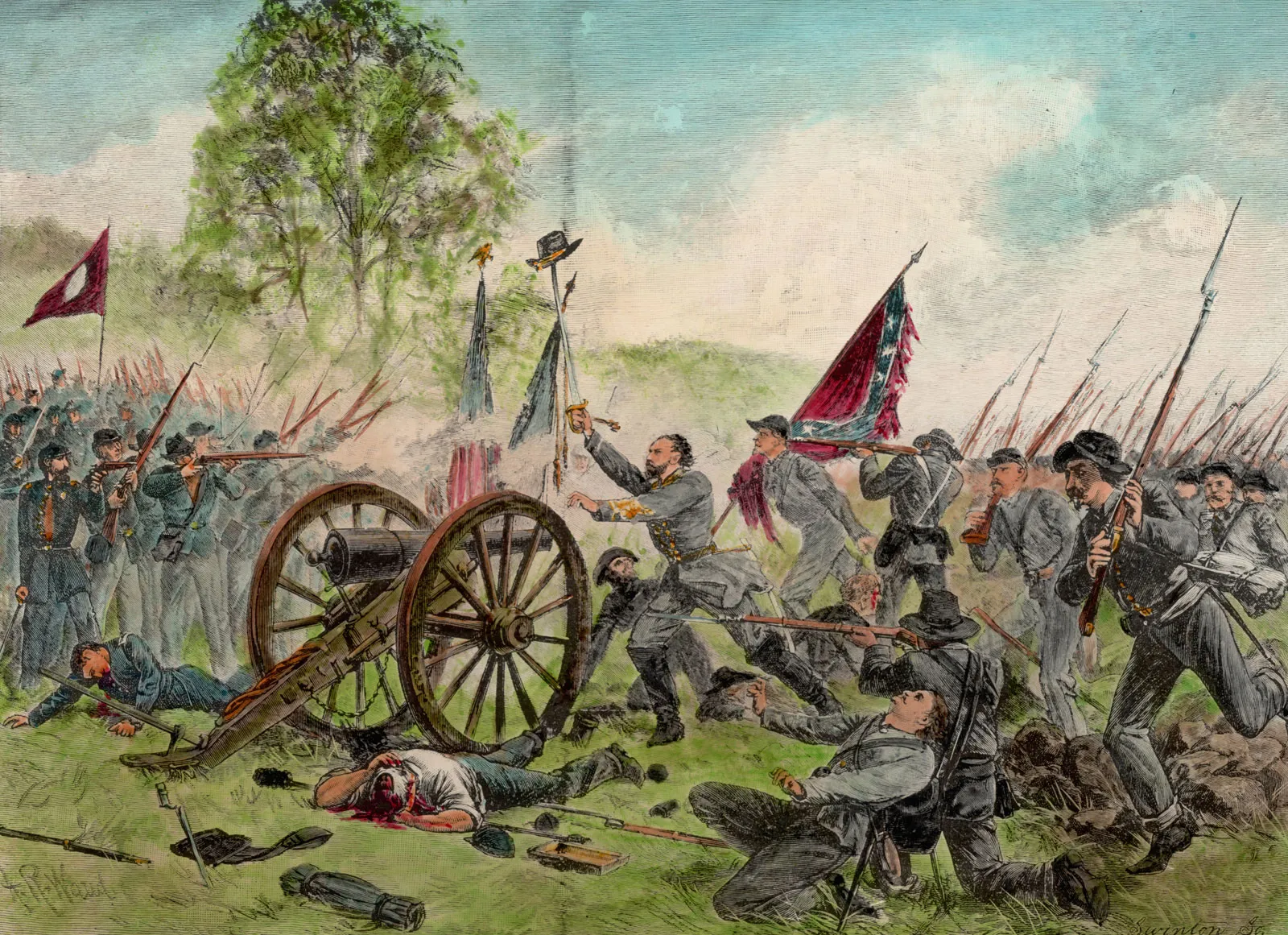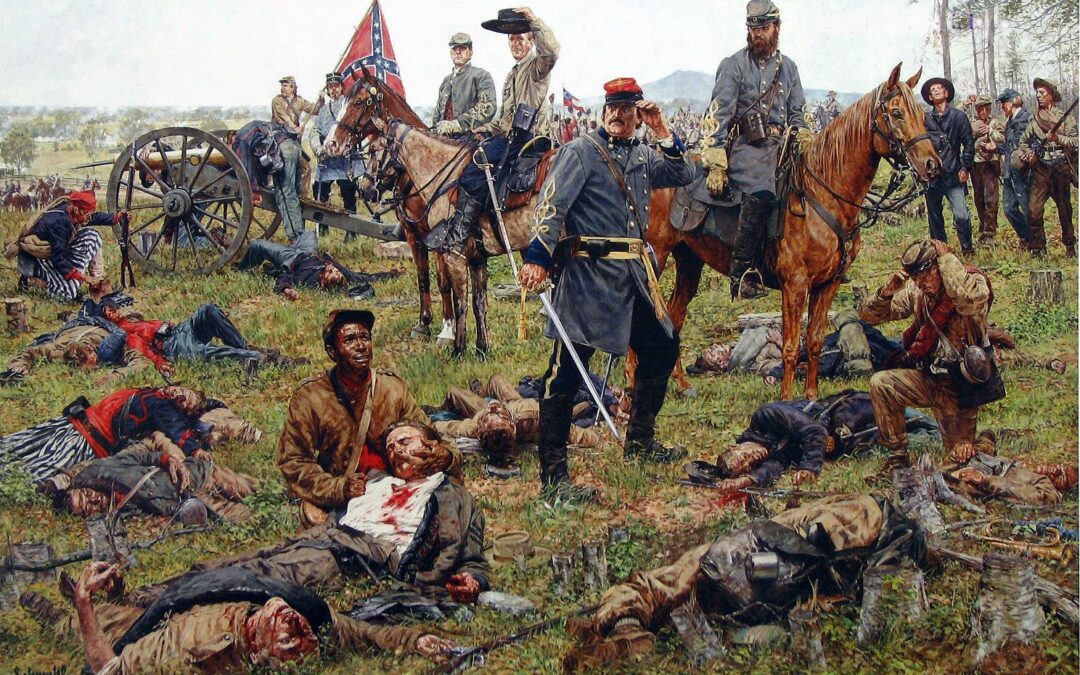The Mexican War was one of the United States' shortest wars, and it's a conflict that often goes overlooked in American history books. But it was one that literally shaped the country and its future in so many ways. It added more than half a million square miles to the United States, from the Rio Grande to the Pacific Ocean, establishing a southern border and creating a territory that truly spread from sea to shining sea. It was also where many future commanders of the American Civil War would cut their teeth in the art of war, applying what they learned from the U.S. Military Academy at West Point. These notables included Thomas J. "Stonewall" Jackson, George G. Meade, George McClellan, George Pickett, Joseph E. Johnston, Braxton Bragg, Robert E. Lee and Ulysses S. Grant. The Battle of Buena Vista: General Taylor's Stand At the start of the war, the Mexican claimed its border with Texas was the Nueces River, while the U.S. upheld the Texas claim that the border was the...
